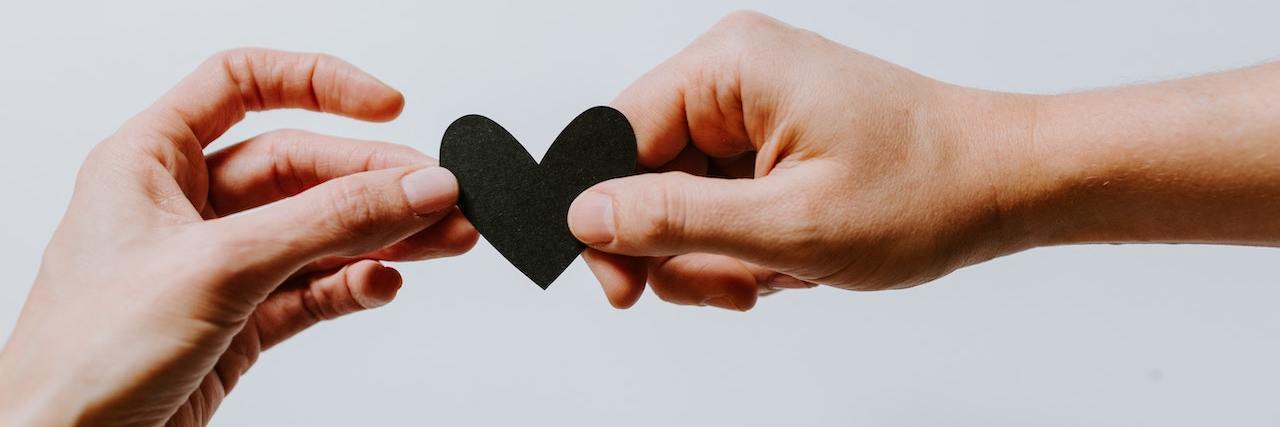What happened: A new study showed that one of the most powerful protective factors against depression is social connection. The research, conducted by the Massachusetts General Hospital, was published in the American Journal of Psychiatry and looked at how communities can prevent the mental health condition. Depression is the most common cause of disability worldwide and researchers say this is the first study to provide a more comprehensive picture of factors that help prevent the risk of developing depression.
- The researchers first looked at a database of 100,000 participants in the UK Biobank to analyze factors that could lead to depression such as social interaction, media use, sleep patterns, diet, physical activity, and environmental exposures.
- Researchers then took the strongest factors and calculated the ones that could have a “casual” relationship to depression risk.
- The results showed that social interaction and connection offered the most protection against developing depression.
- Factors that were more correlated with depression were time spent watching TV, tendency for daytime napping and regular use of multivitamins.
Frequency of confiding in others, but also visits with family and friends, all … highlighted the important protective effect of social connection and social cohesion. These factors are more relevant now than ever at a time of social distancing and separation from friends and family. — Jordan Smoller, MD, ScD
The Frontlines: Depression affects a relatively large percentage of the world’s population. According to the World Health Organization, more than 264 million people across the globe live with depression.
- Symptoms can include but are not limited to, feelings of hopelessness or pessimism, irritability, loss of interest in pleasurable hobbies and activities, decreased energy, aches and pains and moving or talking more slowly. You can go here for more signs and symptoms
- Depression can be categorized as mild, moderate or severe, but it can be debilitating and significantly impact your life in any form
- The latest study mirrors what researchers have learned about trauma — those with more social support are less likely to have mental health issues as a result
Get more on mental health: Sign up for our weekly newsletter.
A Mighty Voice: Our contributor, Erin, shared how important social support can be for those struggling with their mental health. She said, “One of the most life-saving things for me was when several friends would text me every one or two weeks, and sometimes more when I was really sick. They would usually just ask how I was doing. Even the short conversation meant so much to me.” You can submit your first-person story, too.
From Our Community:
Other things to know: Opening up about depression can help others know they’re not alone and build a caring community. Here is what other Mighty contributors are saying. See if you can relate:
- What It’s Like Battling Anxiety and Depression Under Self-Isolation
- Depression Is Not a Choice
- How I Wage War Against Depression
Where to learn more: You can learn more about depression and how to get help by visiting the Substance Abuse and Mental Health Services Administration’s website.
Header image via Kelly Sikkema on Unsplash

